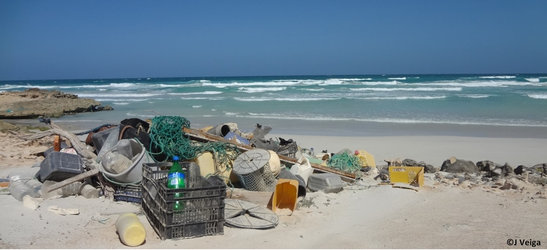A step forward in detecting plastic marine litter from space
***Update April 2021: for the full list of projects implemented through the OSIP Remote Sensing of Plastic Marine Litter Campaign, click here***
Last year, we asked for your ideas to detect and track seaborne plastic litter using satellites. Based on these ideas, all submitted via ESA’s Open Space Innovation Platform, 26 innovative projects are kicking off this summer that will together better map the direction humanity should take to achieve this ambition.
Millions of tonnes of plastic enter the oceans every year. It is one of the most pressing environmental problems and tackling the issue is gaining momentum at all levels, from political bodies to forward-thinking companies. Monitoring marine plastic from Earth’s surface is difficult as it is impossible to see much of the ocean at one time. Space provides a more promising vantage point, but the required technology is still in its infancy.
"Following the promising results of previous ESA studies, we were searching for novel ideas to detect and possibly measure plastic concentrations, improve our understanding of how litter is transported around the world, and consequently help identify plastic sources and sinks," explains ESA Engineer Paolo Corradi who led the hunt for ideas. "This call for ideas was the first of its kind to source a wide variety of ideas for monitoring marine litter from space."
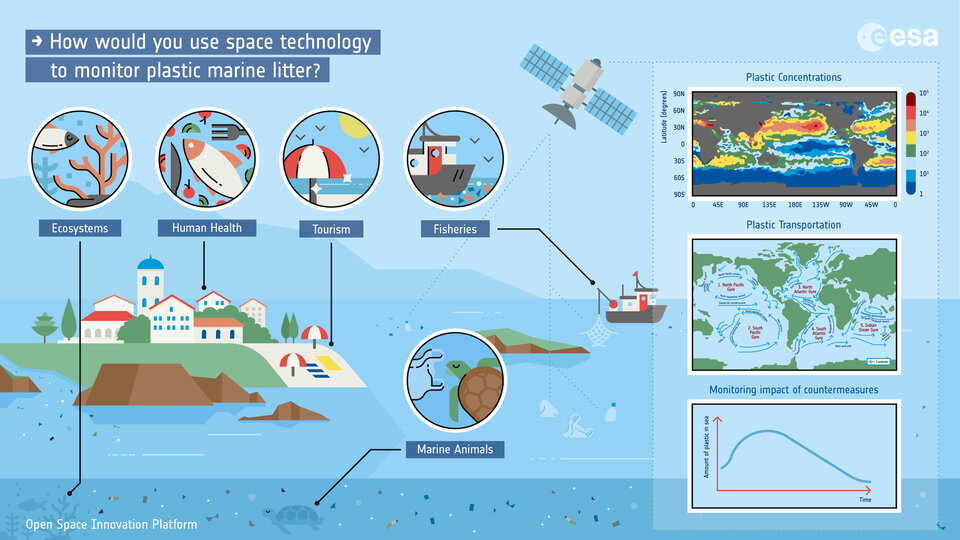
Aware that experts in topics that could be applied to monitoring marine plastic from space are spread around the world, the aim was to bring them together in a bid to create a community that could efficiently kick-start this area of research.
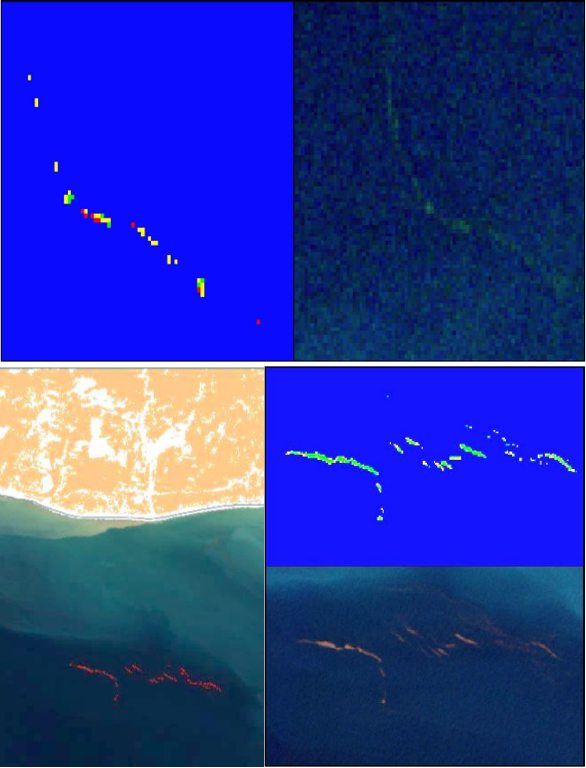
"The 26 best evaluated projects address different problems, solutions and approaches, from using existing remote sensing technology in novel applications, to exploring new technologies to monitor marine litter, through developing new data processing, modelling and experimental techniques including approaches based on artificial intelligence," continues Paolo.
"The projects also cover different geographical areas, including places like southeast Asia where the problem of marine litter is huge, and as well as oceans they touch upon rivers, seas and even land. The important factor is that every project has the potential to improve our ability to monitor floating plastic from space, and thus provide the data necessary to propose appropriate solutions."
These projects will solidify a passionate community that has begun to develop over the last couple of years, to the point where the field reaches the critical point at which it can sustain itself, where new research and activities start organically.
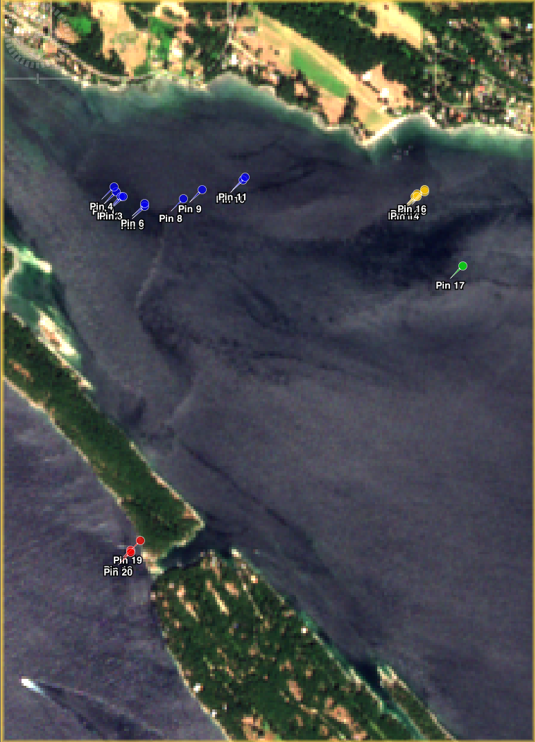
"Although the projects cover a wide range of aspects, there are places where the different teams will cooperate and build upon each other's work. New networks and teams have formed during the 'idea discussion phase' and based on the contacts they made during the evaluation and implementation process."
During the idea discussion phase, anybody can discuss open ideas that were submitted under the call, and Paolo saw groups joining around single ideas.
"I can definitely see dots being connected," continues Paolo. "I think that there will be a possibility to progress with projects clustering into 'super-projects', where projects blend together by exchanging complementary knowledge and resources. We will also develop an open database to collect information and results from all of the projects, in the hope of boosting the international effort to tackle marine plastic."
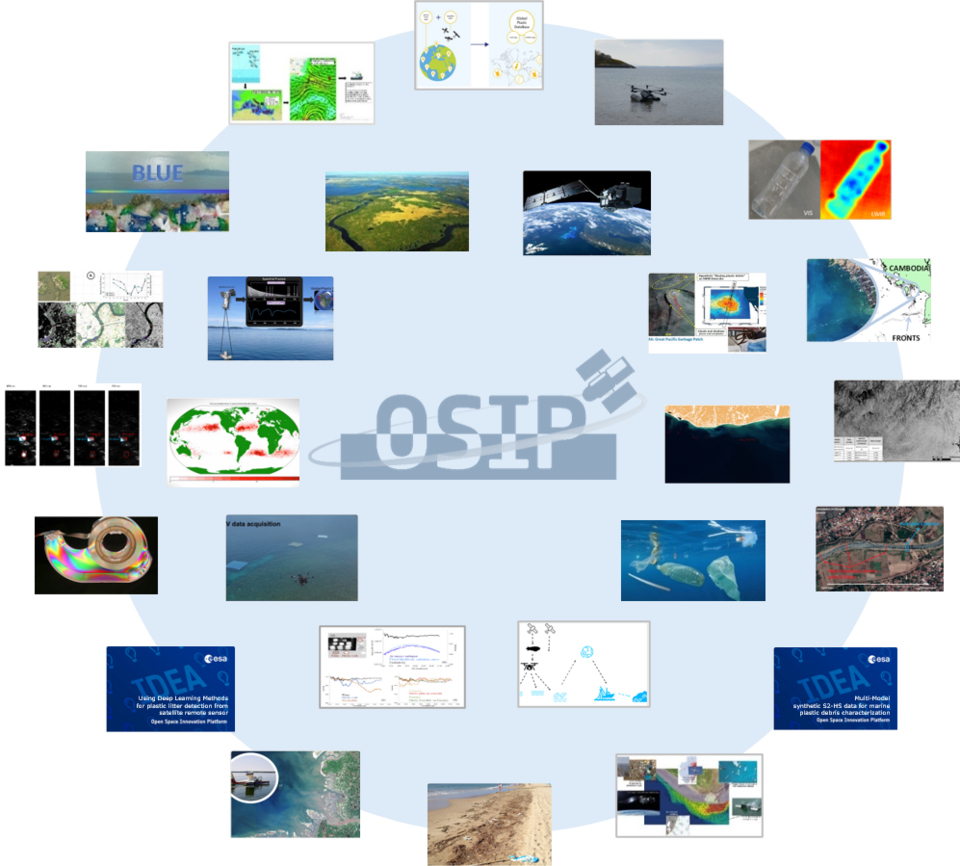
The call for ideas was run by ESA's Discovery element through the Open Space Innovation Platform (OSIP), ESA's hub for sourcing brilliant ideas from academia, industry and the general public. As with all ESA Discovery calls for ideas, the implemented projects take the form of research studies, early technology development activities, or co-funded PhD or postdoc projects.
"This was one of the first calls for ideas to launch through OSIP, and it's fantastic to see how successful it was," concludes Leopold Summerer, Head of ESA's Advanced Concepts and Studies Office, responsible for OSIP. "OSIP has also shown its value as a tool to connect experts around challenging problems and form communities to really make progress in early areas of research."



